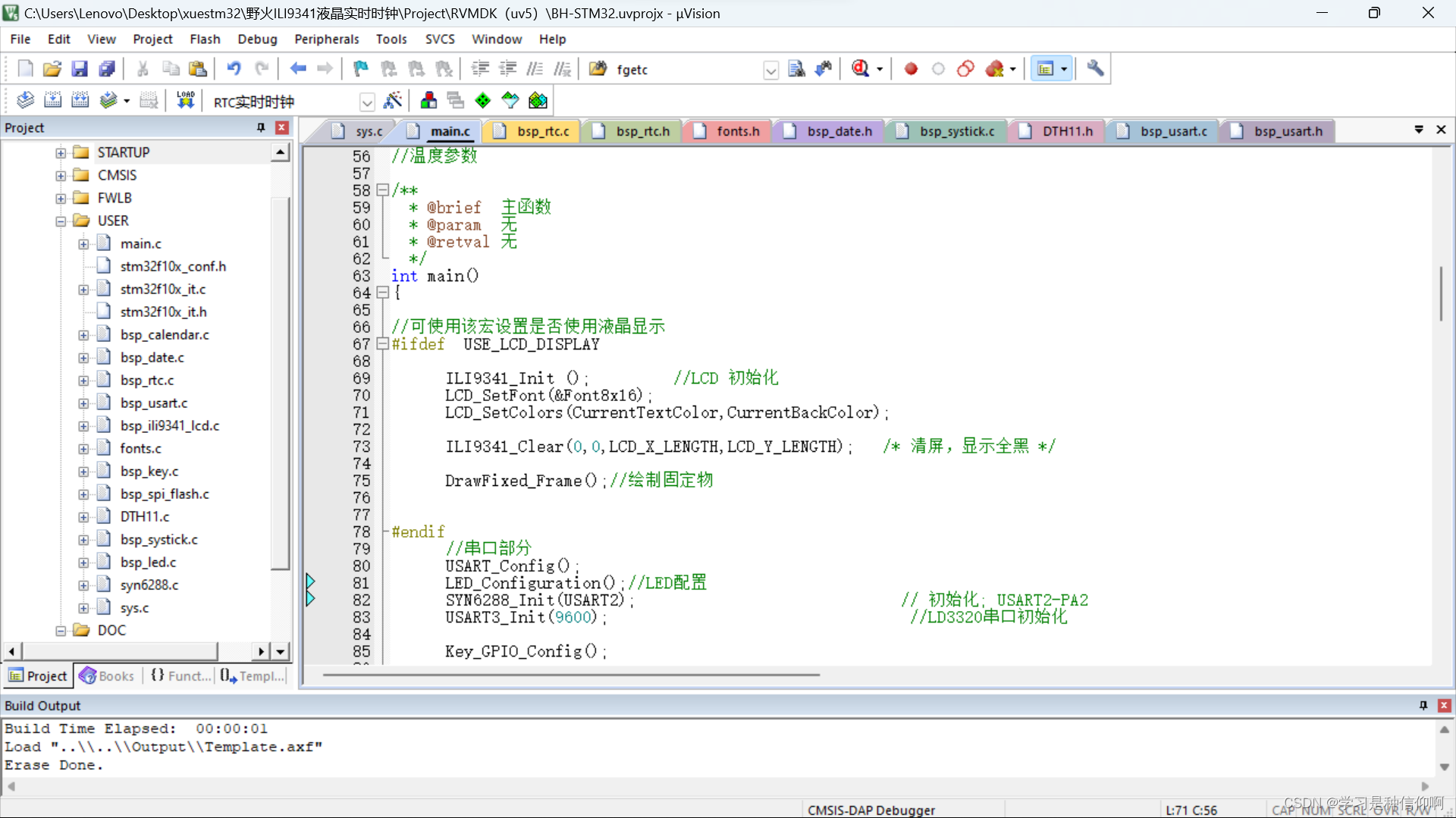Python学习心得(三)函数之任意数量实参、任意数量关键字实参、导入模块中的函数
#!/usr/bin/python# -*- coding:utf-8 -*-'''1.传递任意数量的实参Python允许函数传入任意数量的实参,例如:*messages形参名中的*表示让Python创建一个空的名称为messages的元组,接收传入的所有值'''def get_person_message(*messages):concat = ''
·
#!/usr/bin/python
# -*- coding:utf-8 -*-
'''
1.传递任意数量的实参
Python允许函数传入任意数量的实参,例如:
*messages形参名中的*表示让Python创建一个空的名称为messages的元组,接收传入的所有值
'''
def get_person_message(*messages):
concat = ''
for message in messages:
concat += ' ' + message
print "\nShow Person's Message:" + concat
get_person_message('CSDN','http://blog.csdn.net/binguo168')
get_person_message('http://www.cnblogs.com/binguo2008/')
get_person_message('binguo','27','male')
get_person_message('binguo168','27','male','basketball','football')
'''
2.使用位置实参和任意数量的实参
如果函数需要接收不同类型的位置实参,需要将接收任意数量的实参放在最后。
'''
def set_computer_configure(cpu,memory,*others):
concat = ''
for info in others:
concat += ' '+ info
print 'cpu:'+cpu+' ' + memory + 'memory:' + ' ' +'others:' +concat
set_computer_configure('Core i7','32g' ,'monitor:LG 27UD68','Display Card:GeForce GTX 1060')
set_computer_configure('Intel Xeon E5-2679','128g' ,'monitor:LG 27UD68')
'''
3.使用任意数量的关键字实参(接收任意数量的键值对)
通过**arguname来实现接收任意数量的实参,其中两个**表示让Python创建一个空的字典,传入的所有键值对都放在这个字典中
'''
def build_user_profile(username,**othersinfo):
dict_profile = {}
dict_profile['username'] = username
for userkey,uservalue in othersinfo.items():
dict_profile[userkey] = uservalue
return dict_profile
test_user_profile1 = build_user_profile(username = 'binguo',age = 27,gender = 'male')
print test_user_profile1
test_user_profile2 = build_user_profile(username = 'binguo168',hobby = 'basketball',blogs = 'CSDN',blog_url = 'http://blog.csdn.net/binguo168')
print test_user_profile2
'''
4.将函数存储在模块中
'''
#导入整个模块
import importModel
systemInfo = importModel.get_system_info(1)
print systemInfo
#导入指定的函数
from importModel import get_system_info,get_system_owner
get_system_info(1)
get_system_owner()
#使用as对模块设定别名
import importModel as testModel
testModel.get_system_info(1)
#导入模块中所有的函数
from importModel import *
get_system_info(1)
get_system_owner() 更多推荐
 已为社区贡献5条内容
已为社区贡献5条内容








所有评论(0)